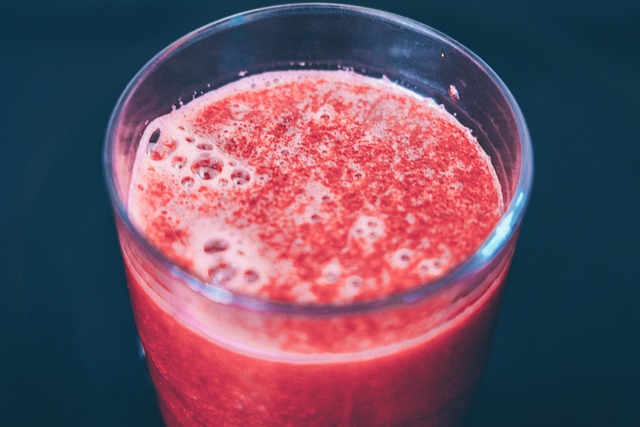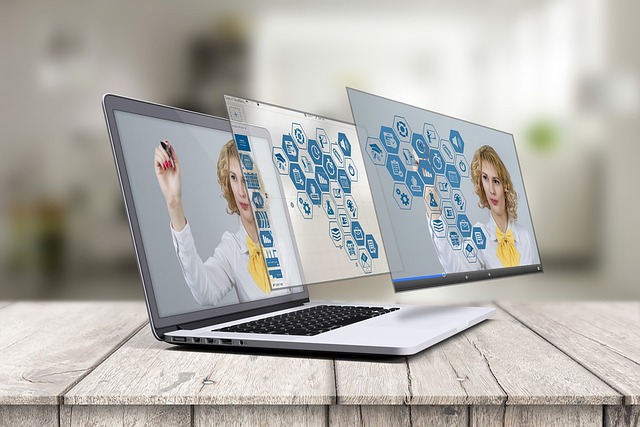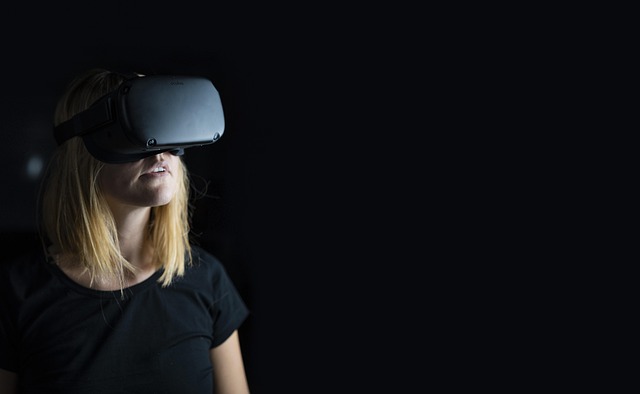In our hyper-connected world, where notifications ping ceaselessly and social media feeds are always just a swipe away, the concept of digital detoxification has never been more pertinent. As we navigate the landscape of technology etiquette and social trends, an important realization is taking root: the need to unplug, even if just for a moment.
Technology etiquette has shifted dramatically over the years. Remember when it was considered polite to turn off your phone during dinner? Nowadays, it seems acceptable to check messages mid-conversation, often leading to feelings of disconnect among friends and family. This trend reflects a broader societal issue: our growing dependence on technology and constant connectivity can blur the lines of meaningful communication. With every beep and buzz, we’re pulled further into the digital realm, often at the expense of our real-world relationships.
Social trends are also evolving as we grapple with the effects of pervasive technology on our lives. The rise of the digital nomad and remote work opportunities have made online presence more crucial than ever. Yet, the increased screen time can lead to burnout, anxiety, and a longing for simpler times. This is where the call for digital detoxification resonates with so many. It’s about taking intentional breaks and reclaiming our time. People are beginning to recognize the importance of stepping back, setting boundaries, and fostering deeper connections with those around them.
In this digital age, implementing technology etiquette in our daily lives can encourage healthier interactions. For instance, when attending social gatherings, consider designating phone-free zones or times. This simple act promotes engagement and reminds us of the value of face-to-face communication. Moreover, setting boundaries around technology use, like limiting screen time before bed, can significantly improve our mental health and well-being, allowing us to recharge in a meaningful way.
The cultural shift towards mindfulness and self-care complements the trend of digital detoxification. People increasingly prioritize their mental health, recognizing that constant connectivity does not equate to genuine fulfillment. Meditation apps and wellness retreats, once viewed with skepticism, are now mainstream as individuals seek respite from the relentless pace of modern life.
As we forge ahead in this digital landscape, it’s essential to cultivate awareness of our technology habits and adapt our interactions accordingly. Embracing a digital detoxification mindset allows us to live fully in the moment, engage with our surroundings, and build stronger, more meaningful connections. While technology will undoubtedly continue to evolve, our relationship with it can be guided by principles of mindfulness and respect, fostering a healthier balance that enhances our lives rather than detracts from them.




